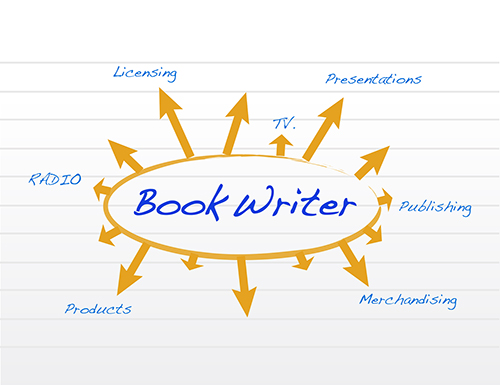
Have you been told hybrid publishing is the answer to your publishing dream? If so, you may have wondered, What is a hybrid publisher? It’s a publishing model that combines elements of traditional publishing and self-publishing in which authors and publishers both contribute to the cost of publishing and in which authors get higher royalty rates.
Several traditional legacy publishers have used this model for many years. I know of a few authors whose publishers paid for all the production costs but required the authors to purchase several thousand copies as part of their publishing agreement.
While any company can call itself a hybrid publisher, the ideal hybrid publisher curates the books it acquires: It reviews all submissions and accepts only a percentage of them (per the company’s editorial and quality standards).
The first step in deciding whether hybrid publishing is for you is to review the criteria created by the Independent Book Publishers Association (IBPA). These criteria are the most helpful guidelines that I’ve found.
Be aware that many companies that call themselves hybrid publishers are actually vanity presses in disguise. They accept all manuscripts (without editorial review or vetting), charge authors for all of their services, and offer only print-on-demand publishing (versus traditional national distribution).
When considering a hybrid publisher, be sure to do your research (for example, check sites like Writer Beware, find out about a company’s review process, and confirm that they meet the criteria for reputable hybrid publishers described in IBPA’s guidelines), and carefully review the company’s contract. Finally, ask lots of questions.
Here are a few to get you started:
- What is your publishing company’s mission?
- How many books do you publish each year?
- What genres do you publish?
- Do you curate submissions, or do you accept all manuscripts that are submitted?
- Do you provide editorial, design (interior and cover), and production services? Which of these are paid for by your company, and which of these are paid for by the author? Who pays for printing books?
- How are your books distributed? Do you sell through online retailers? Do you have a traditional distributor that sells to wholesalers such as Ingram, Baker & Taylor, etc., with standard wholesale discounts?
- What royalty rate do you pay your authors?
Remember, not all hybrid publishers are the same. So be sure to research any company you are considering, or even enlist a publishing consultant to help.
Copyright © 2023 by Sharon Goldinger. If you would like to reprint this article, please contact the author directly at pplspeak@att.net for permission.
- LAEWG Member Releases a New Anthology - March 18, 2024
- What Is a Hybrid Publisher? - December 6, 2023
- What to Ask About Hybrid Publishing - December 14, 2022



